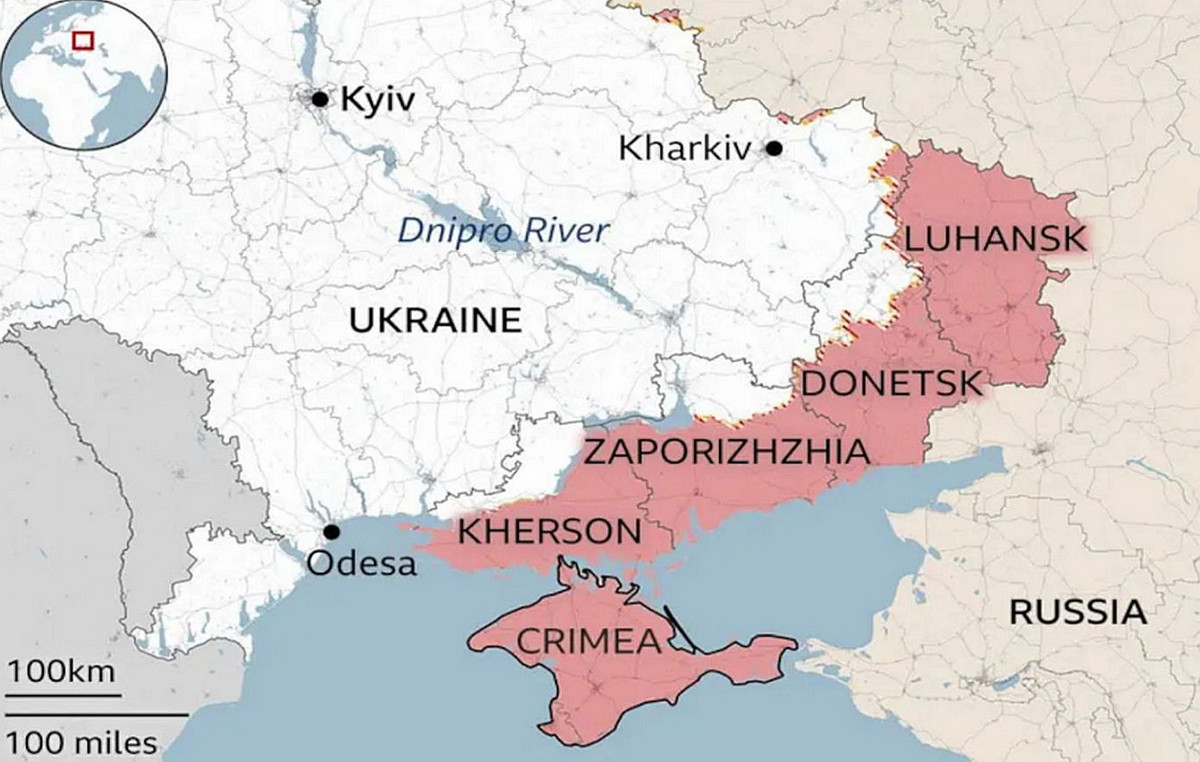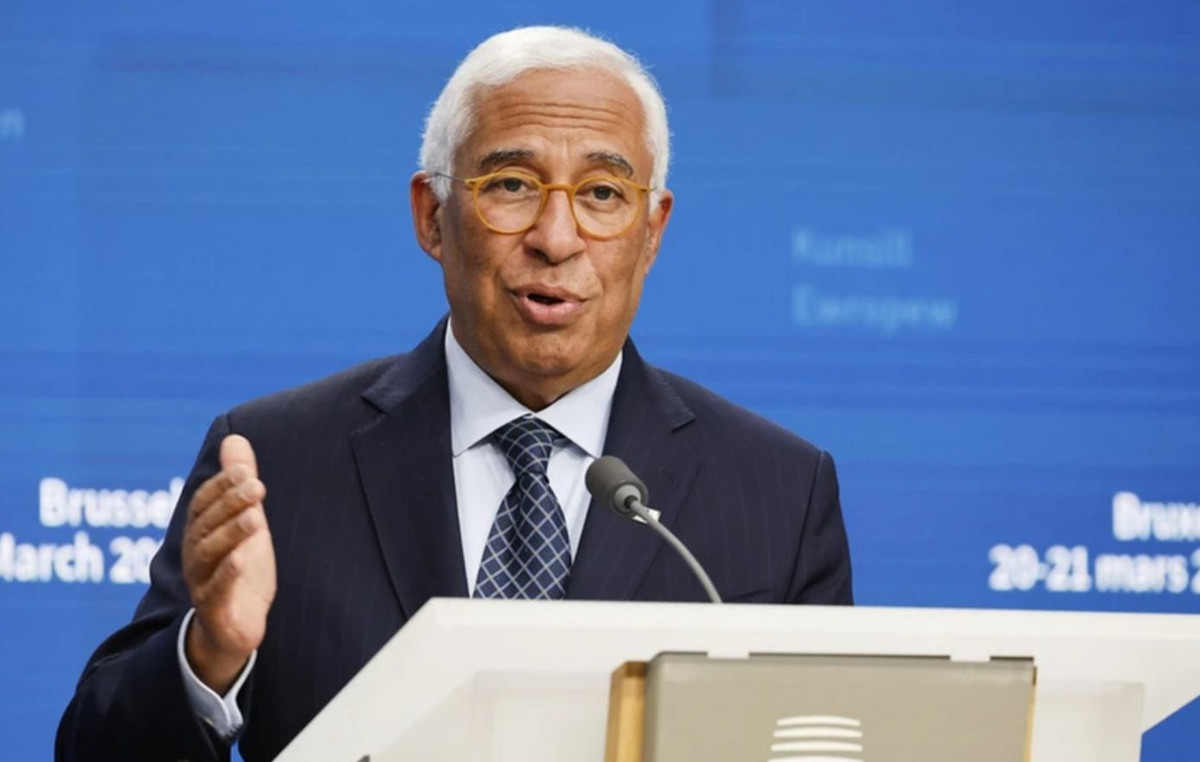More than 13 years after an Air France plane crashed into the Atlantic Ocean, killing all 228 people on board, the French airline and aircraft maker Airbus will stand trial in a Paris court next week with relatives seeking “light in the dark”. end of a long tunnel”.
Flight 447, en route from Rio de Janeiro to Paris, disappeared into darkness during a storm on June 1, 2009.
After a two-year search for the A330’s black boxes, French investigators found that the pilots mishandled the temporary loss of sensor data, which became frozen, and brought the 205-ton aircraft into an aerodynamic stall, or free fall, without respond to alerts.
But accident agency BEA also disclosed that Air France had expressed concerns about the increase in icing incidents prior to the accident and had begun receiving improved speed probes.
Experts say the relative roles of pilot or sensor error, as well as erratic displays or fatigue, will be critical to historical judgment.
The opening hearing next Monday (10) will mark the first time that French companies will be directly tried for “involuntary manslaughter” after a plane crash, instead of individuals.
While corporate reputation and a long-awaited catharsis for families are at stake, the nine-week trial is unlikely to lead to significant financial penalties.
However, experts say larger amounts were paid in damages or civil settlements.
Even so, the AF447 sparked a broad rethinking of training and technology and is seen as one of the few accidents that changed aviation. But reforms followed the methodical pace of global regulation or got bogged down in industry disagreements.
Among dozens of safety recommendations, experts say the investigation has led to critical changes in the way pilots are trained to deal with problems in the air or loss of control.
While the black boxes provide important clues, the trial could reignite a long-running privacy dispute over whether cockpits should also be visually monitored to decipher future accidents, especially now that security cameras are a part of everyday life.
Source: CNN Brasil
Joe Jameson, a technology journalist with over 2 years of experience, writes for top online news websites. Specializing in the field of technology, Joe provides insights into the latest advancements in the industry. Currently, he contributes to covering the world stock market.







